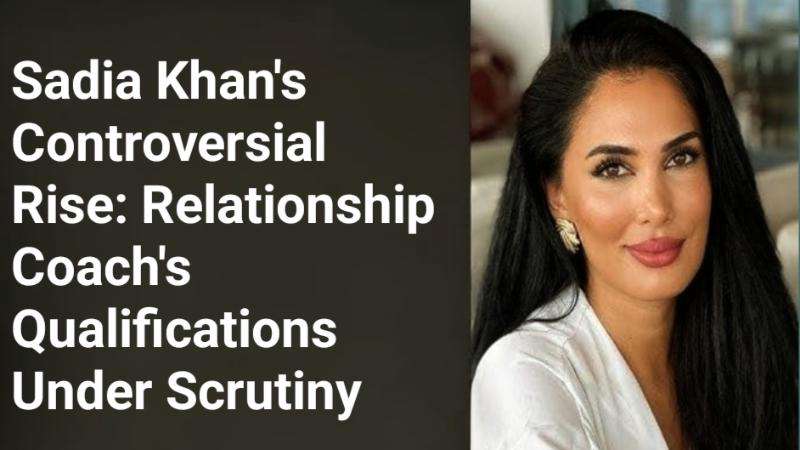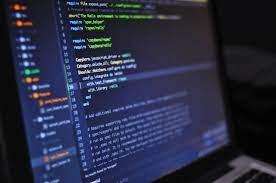There have been worries about the "dominance of men in shaping the modern world" as the number of girls in England preparing for a GCSE in computing has more than halved in less than ten years.
Following government qualification modifications that resulted in the replacement of the outdated information communication technology (ICT) GCSE with a new computer science GCSE, there has been a substantial fall in the number of female participants.
According to recent study from King's College London, the implementation of the new syllabus has had the unexpected result of driving female entries down, despite the government's revisions being intended to create "more academically challenging and knowledge-based" degrees.
Just 21% of candidates for the GCSE computer science exam in 2023 were female, compared to 43% of candidates for the ICT GCSE in 2015.
In terms of numbers, 5,000 more female students studied computer science in 2015, while 40,000 more did ICT GCSE. In 2023, there were just 18,600 female computer science students after ICT became unavailable.
When asked why they didn't pursue computer science, the girls who made that decision claimed they didn't like the subject. The study also discovered that they claimed it did not align with their professional goals.
The former ICT qualification was criticized for teaching little more than Microsoft Office skills. In contrast, many students view the new computer science GCSE as "difficult" when compared to other topics because of its emphasis on computer theory, coding, and programming.
The analysis recognized that, with 88,000 students taking computer science as a GCSE in 2023 and an increase in A-level entries of four times between 2013 and 2023, the subject has become well-established.
But it added, "these achievements have been accompanied by a general decline in secondary school computer and digital skills education, which disproportionately affects girls, certain ethnic groups, and students from underprivileged socioeconomic backgrounds."
The report contained a number of suggestions that called for a shift in the "current narrative around computing to focus beyond male tech entrepreneurs," immediate curriculum reform, and more support for computing teachers.
"The lack of women in computing may lead to heightened vulnerabilities and the dominance of men in shaping the modern world," the authors of the study cautioned.
"We must see action to encourage more girls to take computing at school so they can develop the digital skills they will need to be able to participate in and shape our world," stated Dr. Peter Kemp, the study's principal investigator and senior lecturer in computing education at King's College London.
The emphasis of the current GCSE is on computer science and learning programming, which appears to discourage some young people from pursuing the subject, especially girls. It is imperative that we make computing a topic that appeals to every student and fulfills the demands of the youth and society.
Computing teacher Pete Dring of York's Fulford School stated, "Every student should be leaving school with the digital skills required to thrive in the workplace and society." "The curriculum needs to be revised to include a comprehensive computing GCSE that offers knowledge and skills that are necessary for more than just computer science."
Director of TeenTech, a digital skills advocacy organization headed by technology broadcaster Maggie Philbin, continued, saying, "At the moment, many students see the subject as 'difficult' and vote with their feet if they are aiming for the best grades." It's time to reexamine the subject and collaborate with educators to create a curriculum that is more engaging and that instructors are comfortable implementing.




_2.jpg)



.svg)


